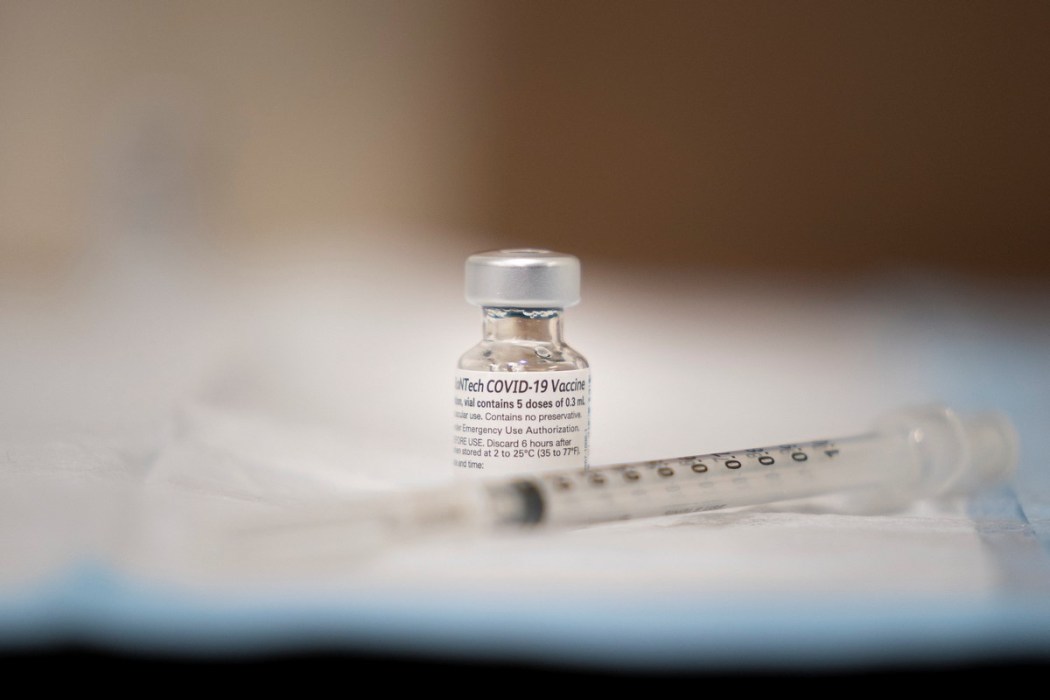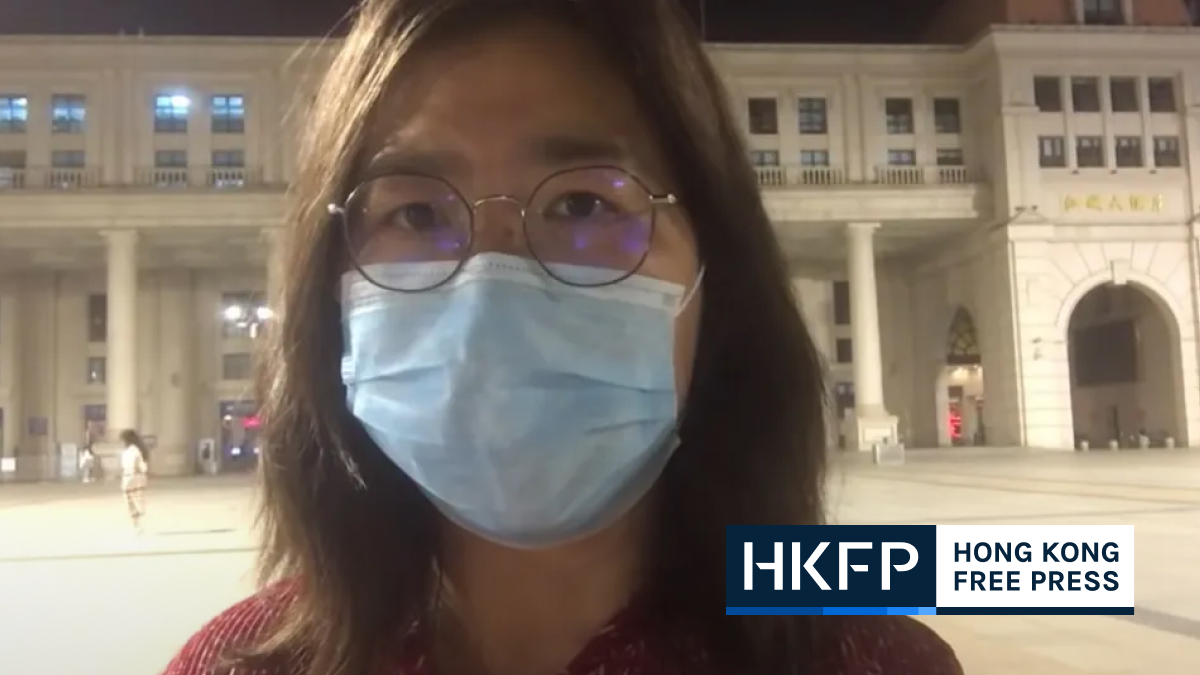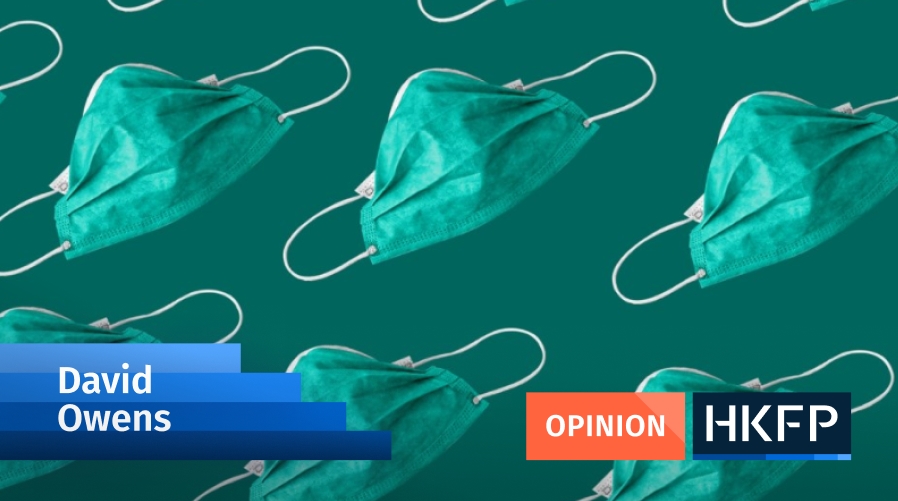Hong Kong representatives to China’s top legislature have requested the Chinese government to send Chinese Sinopharm coronavirus vaccines to Hong Kong, while a survey showed that 61 per cent of local medical workers preferred China’s Sinovac vaccine over other options.
Tam Yiu-chung, Hong Kong delegate to the National People’s Congress Standing Committee (NPCSC), said on Friday that he had delivered a joint letter co-signed by 36 of Hong Kong’s representatives to Li Zhanshu, Chairman of the NPCSC, requesting Beijing to send Sinopharm vaccines to the city.

NPCSC’s Hong Kong delegates were vaccinated in Shenzhen on Friday ahead of the annual “Two Sessions” meetings in March, where the NPC and the Chinese People’s Political Consultative Conference meet in Beijing.
Former secretary for food and health Ko Wing-man was among those who received the Sinopharm jab. Ko said that, while the type of vaccine was not his personal choice, he had full confidence in the Chinese vaccine.
Sinopharm’s Covid-19 vaccine, developed by state-owned China National Pharmaceutical Group, is reported to have a 79 per cent efficacy. Meanwhile, there was confusion over the efficacy of the vaccine developed by the Beijing-based biopharmaceutical firm Sinovac. Late stage trials in Turkey showed it was 91.25 per cent effective, though one in Indonesia showed it was 65.3 per cent effective and – in Brazil – 50.4 per cent effective.

David Hui, Chinese University infectious disease expert and government expert adviser on the pandemic, said on a radio show on Friday that Sinopharm had yet to publish results from their third phase of trials in medical journals.
Hui added that Sinovac was first to contact Hong Kong, and that Sinovac Biotech should be given an opportunity to provide data to the government for consideration.
Hong Kong’s advisory panel on Covid-19 vaccines announced last Monday that it would recommend the use of Germany’s BioNTech vaccines. The panel added that they would need more information from Sinovac Biotech before deciding if they would recommend it.
Medics’ preference
A survey of 930 medical workers carried out by several medical workers’ groups showed that 78 per cent of surveyed medics would want to receive a coronavirus vaccine, while 5 percent of respondents said the would prefer not to. 17 per cent said they were undecided.

The survey was conducted by Medical Conscience, the Hong Kong Dental Association, the Association of Private Medical Specialists of Hong Kong, the Hong Kong Doctors Union, and the Hong Kong Women Doctors Association.
It also showed that 61 per cent of all respondents would prefer the Sinovac vaccine, while 22 per cent chose BioNTech. 11 per cent of respondents said they would take the AstraZeneca vaccine, developed by the British-Swedish multinational.
The group also suggested that the government should provide training and detailed instructions about the vaccines to medical workers responsible for vaccination, as well as giving 24-hour hotline support to citizens who had issues after being vaccinated.
Support HKFP | Policies & Ethics | Error/typo? | Contact Us | Newsletter | Transparency & Annual Report | Apps
Help safeguard press freedom & keep HKFP free for all readers by supporting our team















